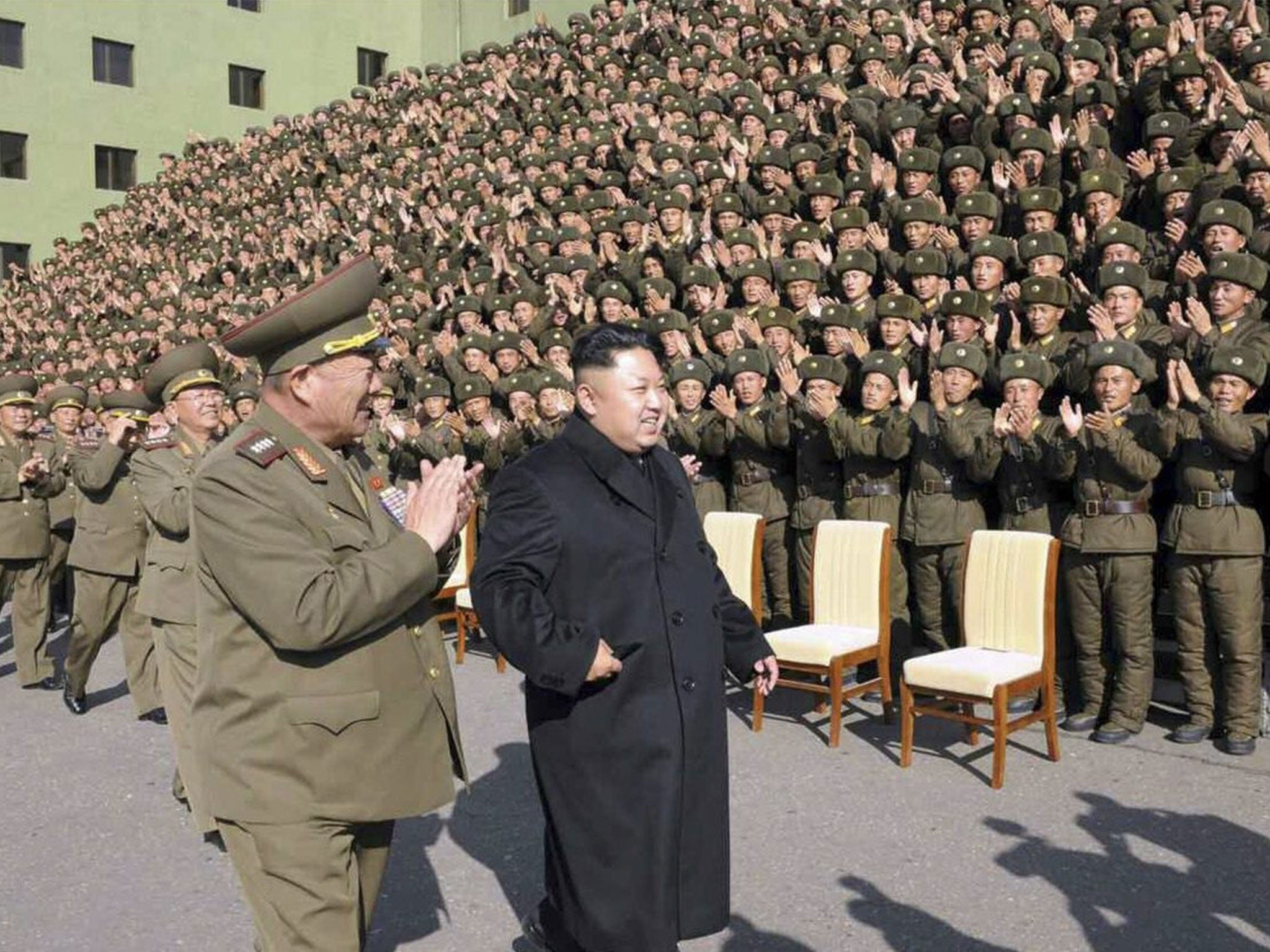Sanctions in the way of talks, says North Korea
First official response to the South's offer to talk

North Korea yesterday demanded the lifting of sanctions, imposed by South Korea after a 2010 attack on one of its naval vessels, as a condition for resuming dialogue.
It was the first official response to the South’s offer to talk, including discussions on resuming reunions of families separated during the 1950-53 civil war.
After a delegation of high-level North Korean officials made a surprise visit in October last year to the closing ceremony of the Asian Games, South Korea said it was willing to discuss the sanctions as a way to move forward.
North Korea: In pictures
Show all 14The measures, imposed in May 2010 after a torpedo attack against a South Korean navy ship that killed 46 sailors, cut off most political and commercial exchanges with the North. The North denies it was responsible.
“If the South Korean government is sincerely interested in humanitarian issues, it should first remove the ban that was imposed for the purpose of confrontation,” the North’s KCNA news agency quoted a spokesman for the Committee for the Peaceful Reunification of Korea as saying.
The South’s Unification Ministry said lifting sanctions would first require “responsible action” from the North.
Meanwhile, the United Nations’ official in charge of investigating human rights violations in North Korea said yesterday he stands by UN findings of widespread abuses there despite recent backtracking by a prominent defector on the details of his life in the North’s prison system.
Marzuki Darusman said that although defector-turned-activist Shin Dong-hyuk has revised some of the details of his story, it remains for the most part valid and represents the experiences of just one of hundreds of defectors interviewed by the UN’s commission of inquiry.
“We continue to stand by his testimony,” Mr Darusman told a news conference in Tokyo.
Mr Shin, who is now 32, originally claimed he had lived in a high-security political prison camp from his birth until his escape over an electrified fence in 2005. He now says he was transferred around the age of 6 to a lighter-security prison camp.
Reuters; AP
Subscribe to Independent Premium to bookmark this article
Want to bookmark your favourite articles and stories to read or reference later? Start your Independent Premium subscription today.

Join our commenting forum
Join thought-provoking conversations, follow other Independent readers and see their replies